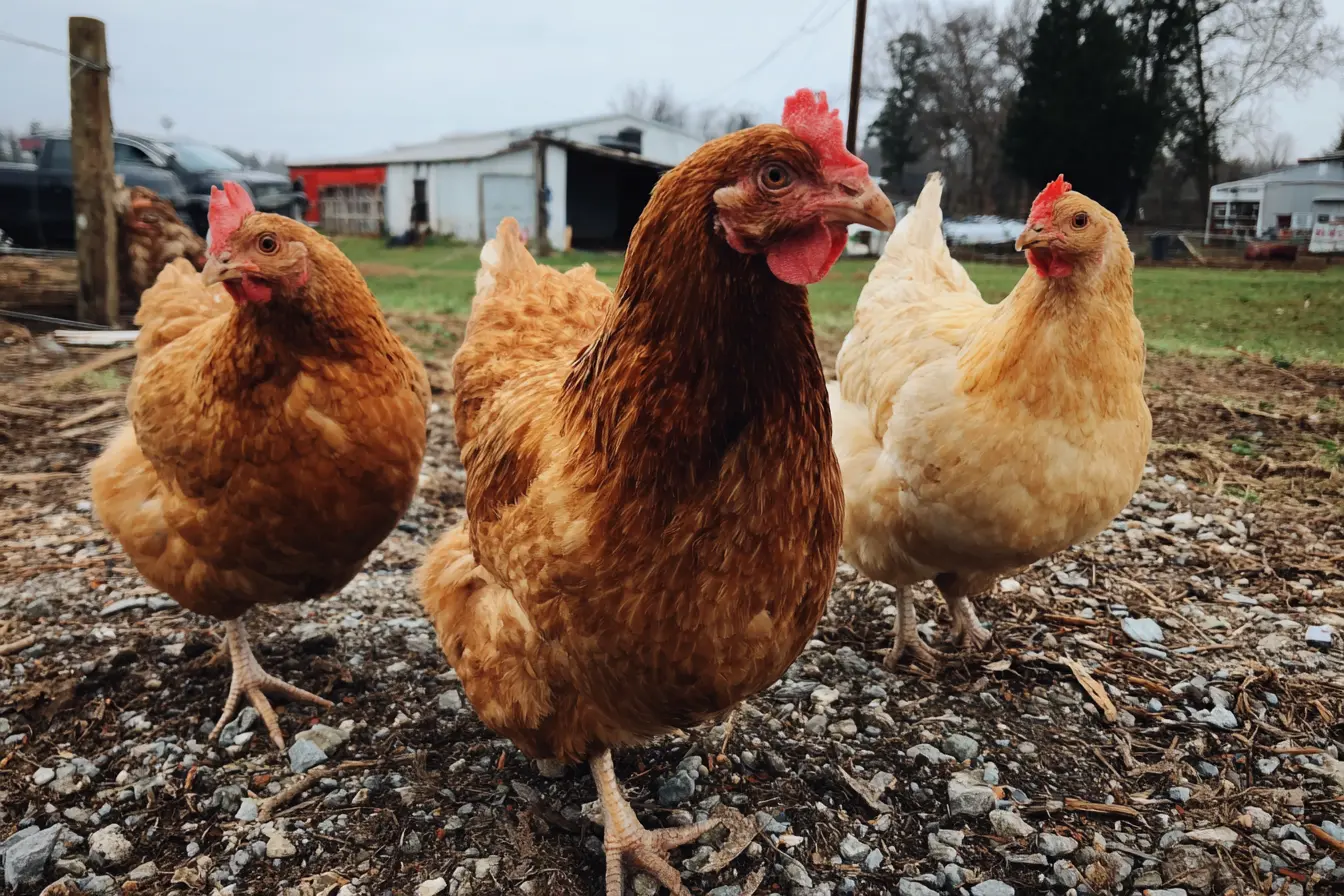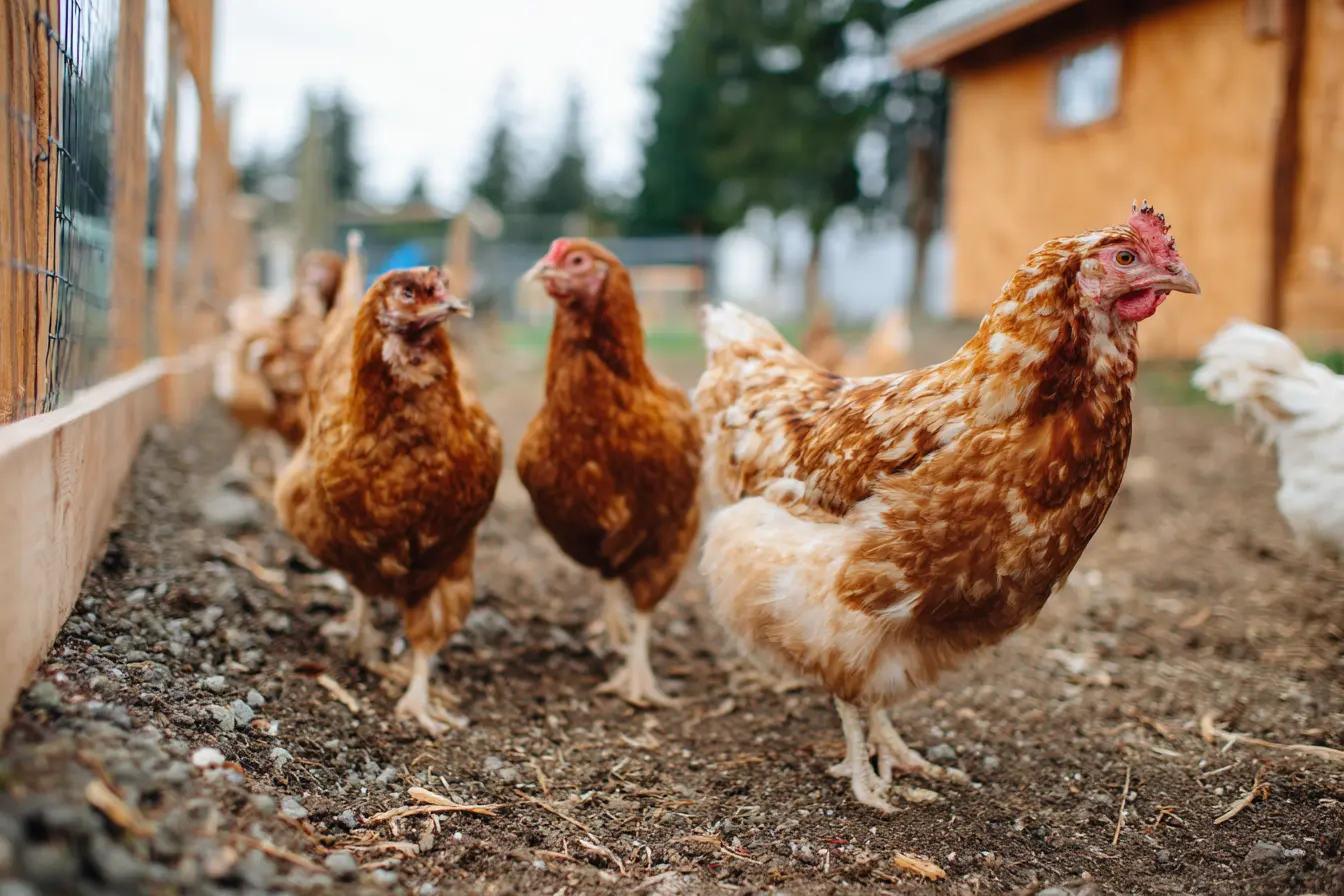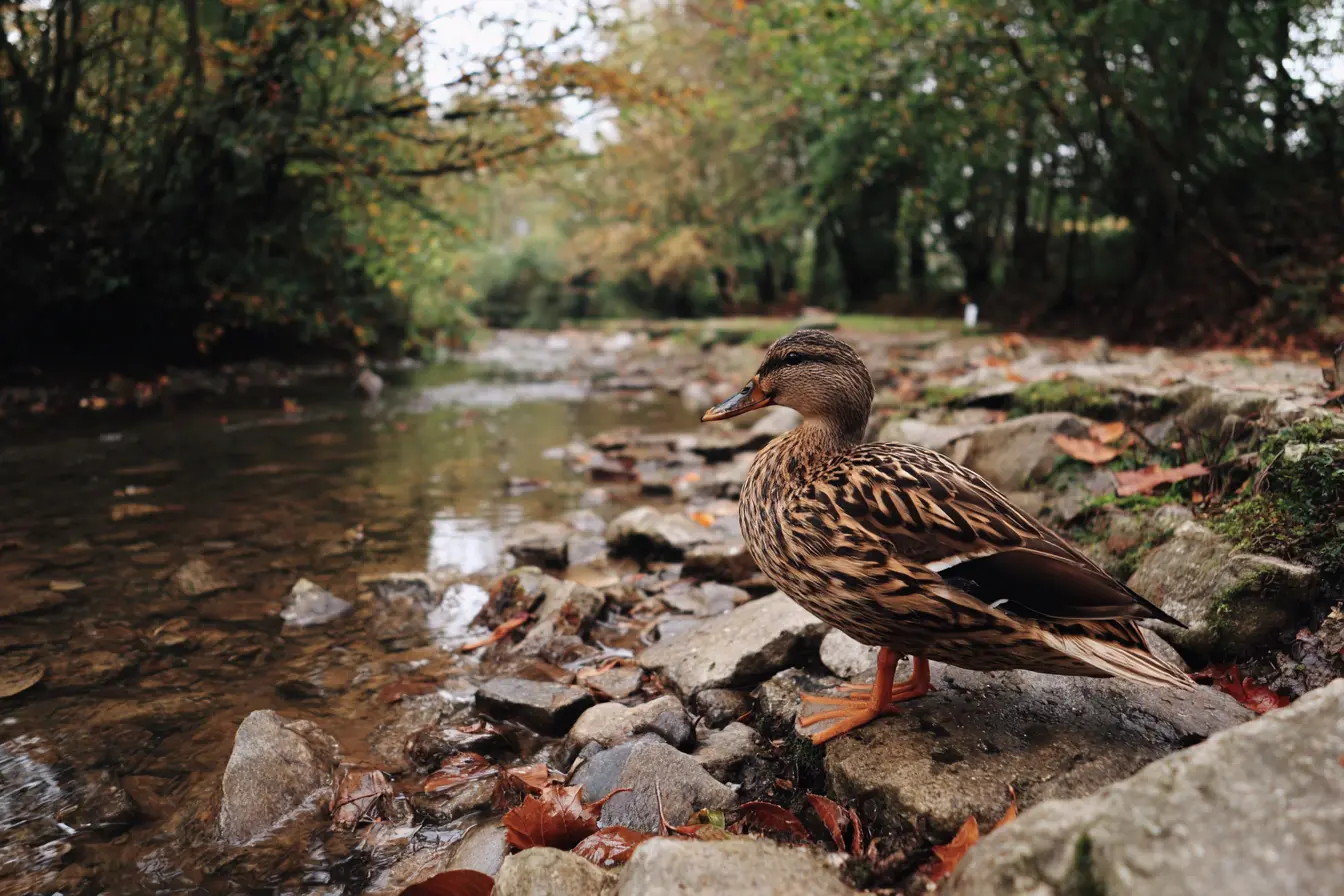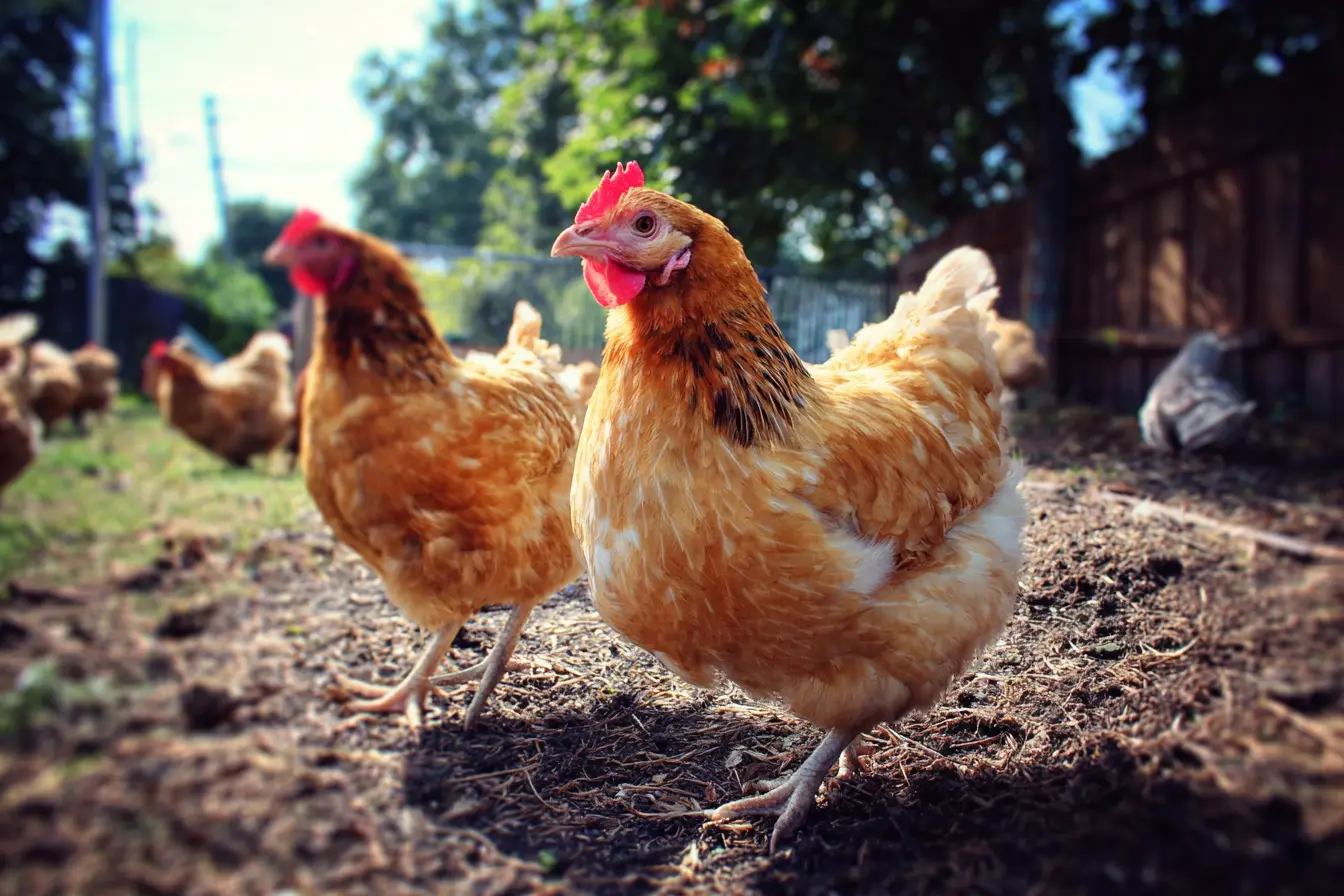
A Complete Guide to Deworming Chickens: Everything You Need to Know
Keeping chickens healthy and productive involves a range of good husbandry practices—one of the most important being deworming. Internal parasites, particularly worms, can severely affect a bird’s health, egg production, and overall vitality. In this comprehensive guide, we’ll cover why, when, and how to deworm chickens, including both chemical and natural methods, preventative strategies, and frequently asked questions.
Why Deworming Is Important
Worm infestations can weaken your flock, making them more susceptible to other illnesses. In severe cases, worms can cause blockages in the intestines, poor nutrient absorption, and even death. Regular deworming is essential to ensure:
- Healthy growth
- Good egg production
- Strong immune systems
- Prevention of disease transmission
Common Types of Worms in Chickens
Chickens are vulnerable to several species of internal parasites. The most common include:
Roundworms (Ascaridia galli)
- Long, spaghetti-like appearance
- Common in backyard flocks
- Can cause weight loss and intestinal blockages
Tapeworms (Cestodes)
- Flat, segmented worms
- Require intermediate hosts like beetles or flies
- Affect nutrient absorption
Capillary Worms
- Thin and thread-like, often found in the crop or intestines
- Cause anaemia and reduced egg production
Gapeworms (Syngamus trachea)
- Found in the trachea
- Cause respiratory distress, gaping, and coughing
Cecal Worms (Heterakis gallinarum)
- Found in the caecum
- Can transmit blackhead disease to turkeys
Signs That Your Chickens Have Worms
Not all worm infestations present immediate or obvious signs, but some symptoms to look for include:
- Weight loss despite normal appetite
- Pale comb and wattles (anaemia)
- Diarrhoea or abnormal droppings
- Poor feather condition
- Sudden drop in egg production
- Lethargy or weakness
- Visible worms in faeces
How Often Should You Deworm Chickens?
There’s no universal schedule, but general guidelines are:
- Twice yearly (spring and autumn) for preventative care
- Every 3 months in high-risk environments
- Immediately if symptoms of infestation are observed
Rotation of dewormers and faecal testing can help avoid drug resistance and over-treatment.
Chemical Deworming Methods
Chemical wormers are often the most effective treatment for active infestations. Commonly used products include:
Flubenvet (Flubendazole)
- Prescription-only in the UK
- Effective against roundworms, gapeworms, and some tapeworms
- Mixed into feed for 7 days
- Egg withdrawal: none (when used correctly)
Verm-X
- Herbal-based but categorised as a feed supplement
- Not licensed as a medicine
- Can be used regularly as a gentle preventative
Ivermectin
- Off-label use in poultry
- Effective against external parasites too
- Egg withdrawal period required (check with vet)
Important: Always consult with a vet before administering medications and follow dosage instructions precisely.
Natural Deworming Alternatives
Natural dewormers may help reduce worm load or prevent infestations but are generally not sufficient for active infestations. These include:
Diatomaceous Earth (DE)
- Added to feed or dust baths
- Claims to cause physical damage to worms (evidence is limited)
Garlic
- Added to water or feed
- Supports immune function but not a proven dewormer
Pumpkin Seeds
- Contain cucurbitacin, a compound thought to paralyse worms
Apple Cider Vinegar (ACV)
- Acidifies gut environment
- May help prevent some parasites from thriving
Note: These remedies are best used as supportive measures, not replacements for proper treatment.
Preventative Measures
Prevention is just as crucial as treatment. Implement these practices to minimise risk:
- Rotate grazing areas regularly
- Clean coops and bedding frequently
- Avoid overcrowding
- Keep feed dry and stored securely
- Conduct regular faecal exams (via vet)
- Isolate new birds before introducing them to the flock
- Control intermediate hosts (flies, beetles, earthworms)
Can You Eat Eggs After Deworming?
This depends on the type of dewormer used:
- Flubenvet: No egg withdrawal needed
- Ivermectin and others: Withdrawal period may range from 7 to 28 days
- Herbal remedies: Typically no withdrawal, but check labelling
Always check the product's label or consult a vet for accurate egg withdrawal advice.
Conclusion
Deworming is a key component of chicken care, ensuring a healthy, productive flock. Whether you choose a chemical route, natural remedies, or a combination, it’s vital to stay vigilant and proactive. Regular health checks, good coop hygiene, and consultation with a poultry-savvy vet will go a long way in keeping your birds worm-free and thriving.
Vets near you
Speciality vets
- Aquatics vet specialists
- Birds vet specialists
- Camelids vet specialists
- Cats vet specialists
- Cattle vet specialists
- Deer vet specialists
- Dogs vet specialists
- Equines vet specialists
- Exotic vet specialists
- Goats vet specialists
- Pigs vet specialists
- Poultry vet specialists
- Sheep vet specialists
- Small Mammals vet specialists
- Wild vet specialists
Vet facilities
- Accessible by public transport
- Blood testing
- Car park nearby
- Client car park
- Dentistry
- Diagnostic imaging
- Disabled public access
- Flea and worm treatments
- Microchipping
- Mobile services
- Neutering
- Open at weekends
- Out-of-hours service
- Referral interests
- Referrals only
- Street parking outside
- Toilets available
- Vaccinations



